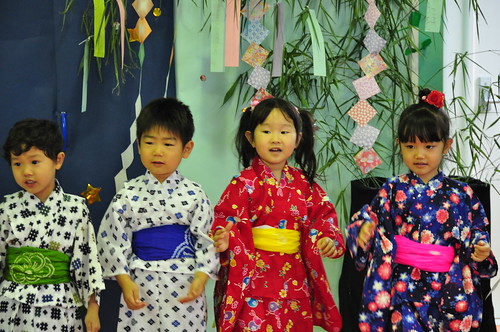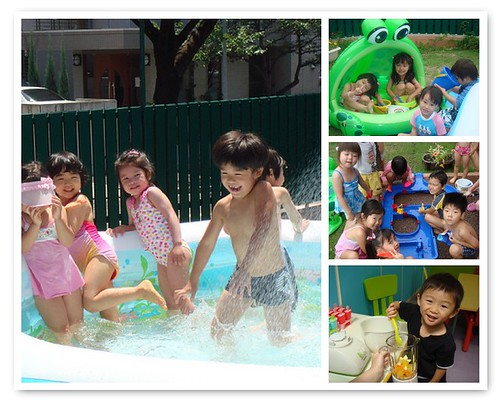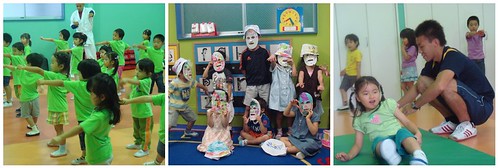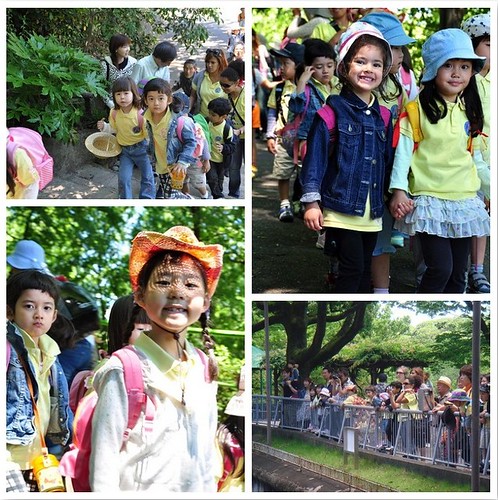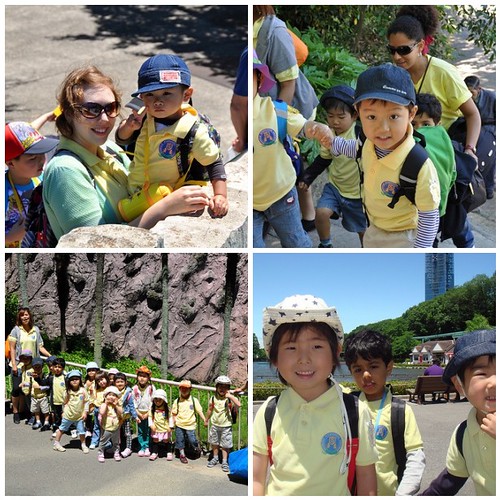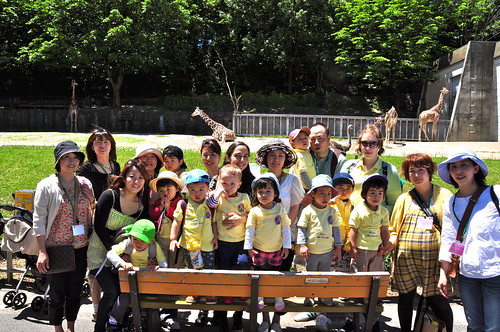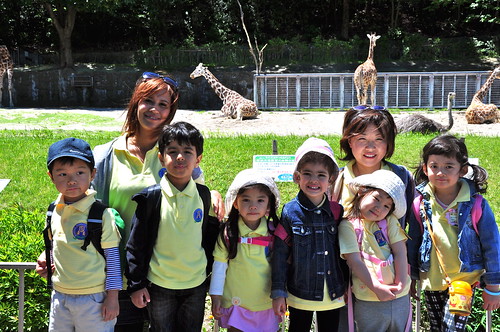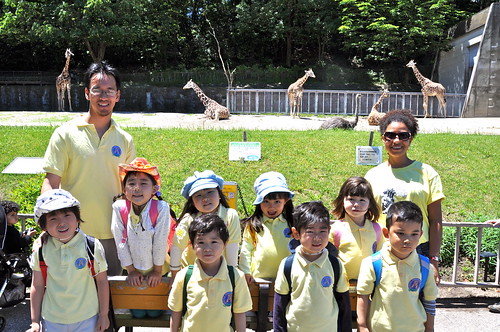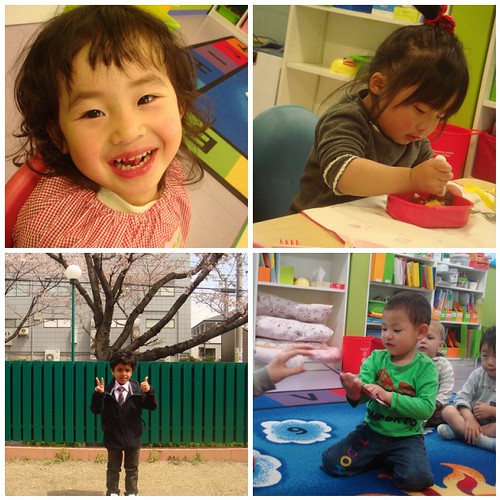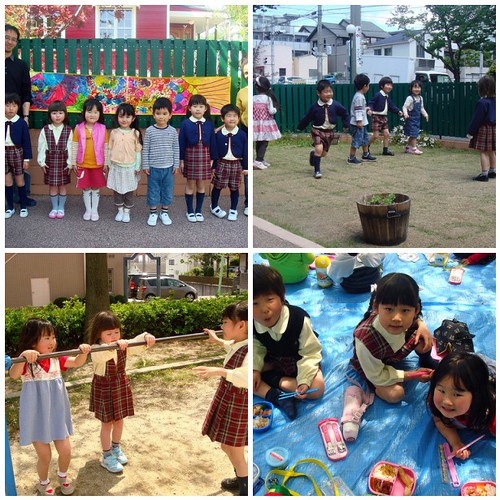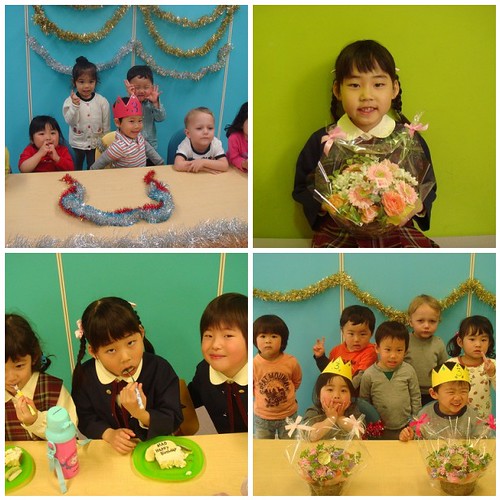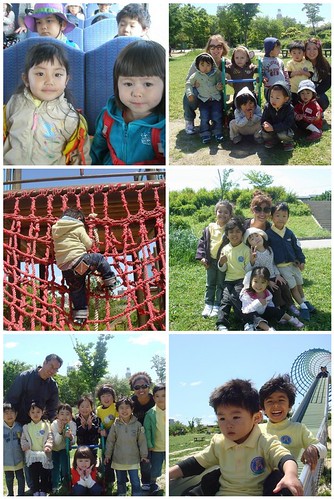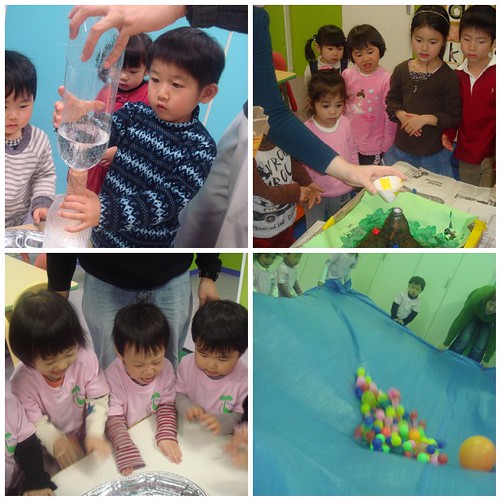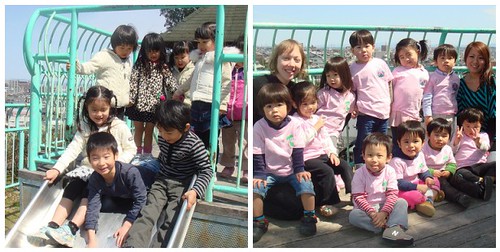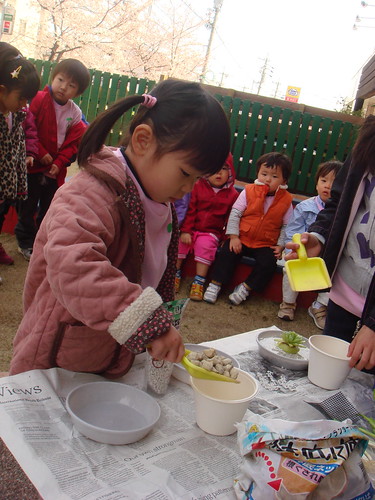Over the Christmas/New year winter break, we held 2 sessions of our first ever Winter School.
ビーンストークでは、冬休み期間に内部生のみ対象のウインタースクールを実施しました。
インターナショナルプリスクール生さんのみが参加される期間は、「日本の文化を英語で伝える」事を目標とし、年末年始の行事、風習を学びました。真の国際人となる為には、まず自分の国の事をよく知る事が大切です。しかし多くの場合大人になって外国と関わりを持つまでその大切さに気がつかない事がほとんどです。そんな事がないように、私どもでは、日本独自の文化、古来からの風習を特に大切にしております。子供達も大喜びで、お餅つきや冬至でのカボチャ金時作り、自分の名前入り凧制作などに興じていました。

We’ve just finished with this year’s special Winter School session here at Beanstalk. Our preschool students learned about Japanese New Year traditions and activities with the goal of being able to talk about Japanese culture in English. To become truly international, it is important for one to know his or her own culture well. Most people, however, don’t realize that until they grow up and have a contact other cultures. We had a number of activities during Winter School meant to help our students enrich their understanding of their own culture, like making mochi, traditional winter pumpkin treats and new year’s kites.

We pounded and pounded on the rice until it became “mochi”, which we filled with sweet bean paste and rolled in soybean flour, a delicious snack!

アフタースクール生が参加された12月終わりのセッションでは、それまでとは逆に「いろいろな国」をテーマに、毎日ひとつの国を取り上げ、特色や国旗を学びお料理をいただきました。今年はオリンピックやワールドカップなど国をあげて参加するイベントが多いので、通常よりもたくさんの国名を耳にする機会も多くなります。そんな折りに自分の知っている国があるとお子様の外国への興味がより広がるものと信じております。
In our final December sessions for after school students, we took up the theme of “Countries of the World,” learning about the unique flags and cuisines of a number of nations. There will be a number of international events this year, including the Olympics and the World Cup. We hope this will give our students the chance to hear about many new countries and serve as an opportunity to increase their interest in foreign cultures.
And of course, all classes and events were conducted in an All English Environment.


Luckily for us, these gingerbread men didn’t jump out of the oven and run away!
We also studied a lot about many different countries.

ヨガにもチャレンジ。While learning about India, we tried some yoga.

Seven green porridge
Eating rice porridge with greens on January 7th is supposed to protect against ailment in the new year. The custom of eating seven types of vegetables in soup to protect against disease and disaster goes back to ancient China; it appears that it came to Japan during the Heian Period. During the Edo Period, the shogun established the custom of eating “seven green porridge” on the seventh day of the new year, and in time this custom spread to the common people. It has long been believed in Japan that wild greens are effective against all disease, and there was even a tradition of picking and eating wild greens during the new year.
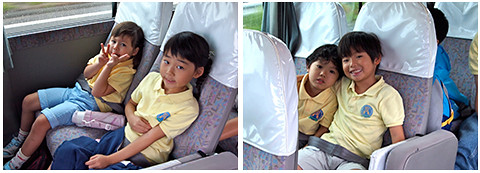
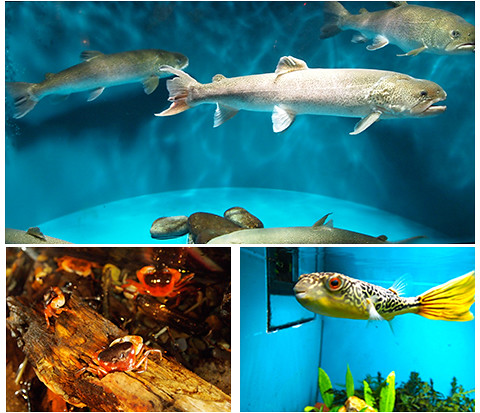

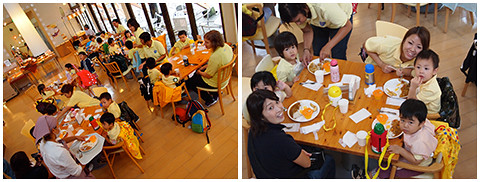

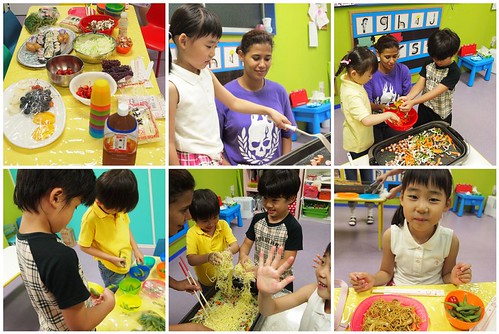
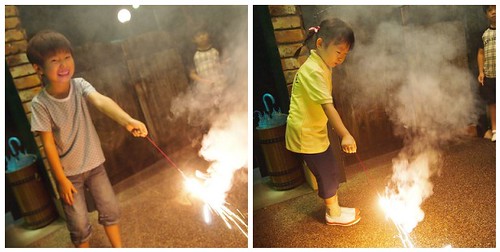
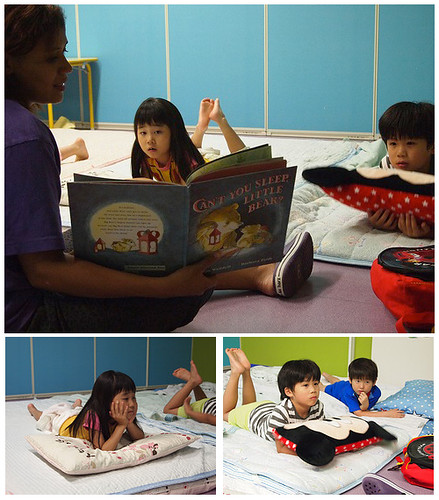
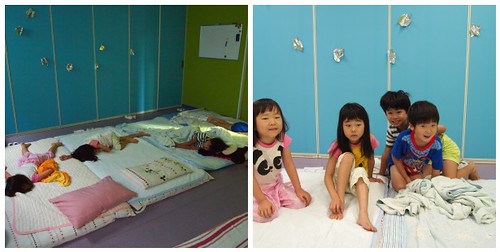
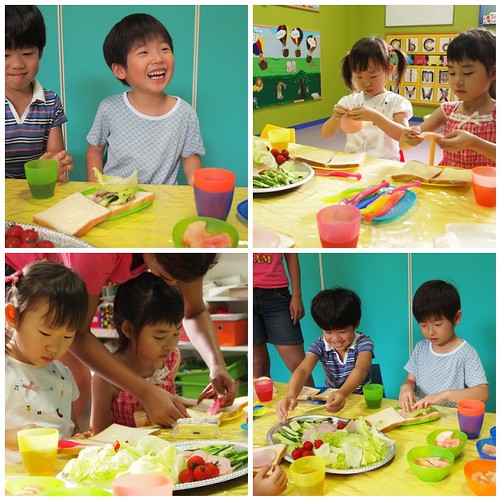
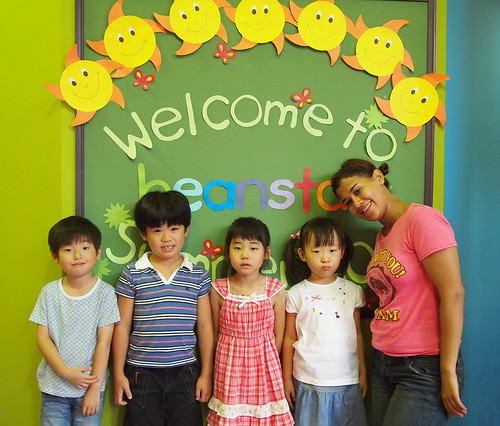
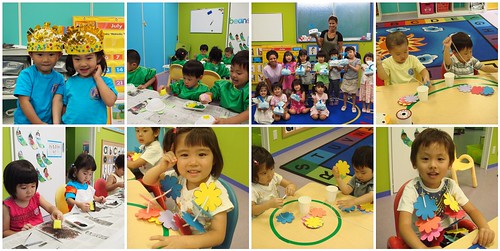
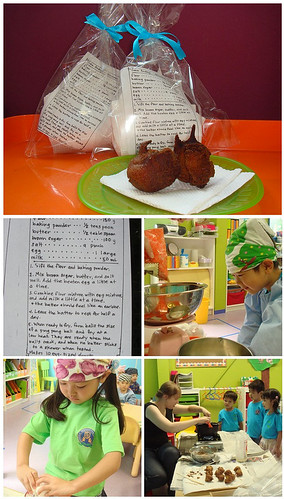
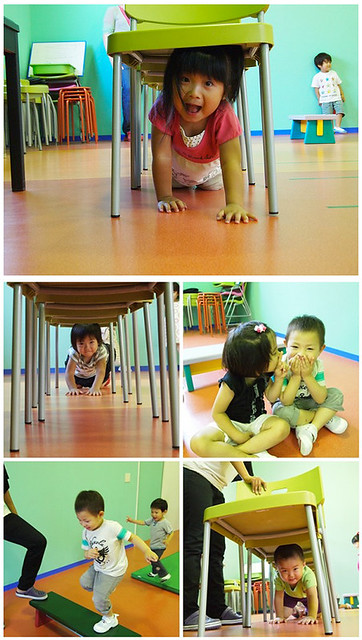
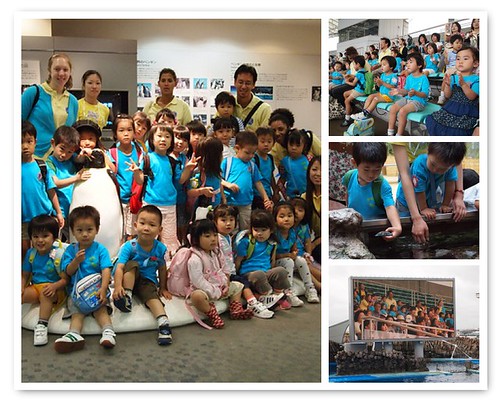
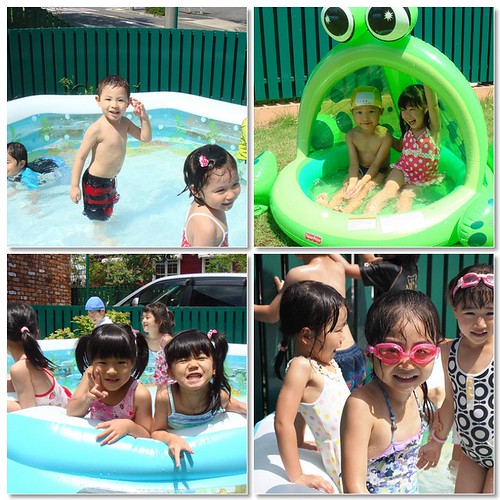

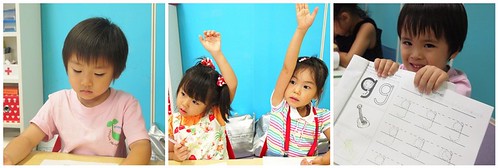
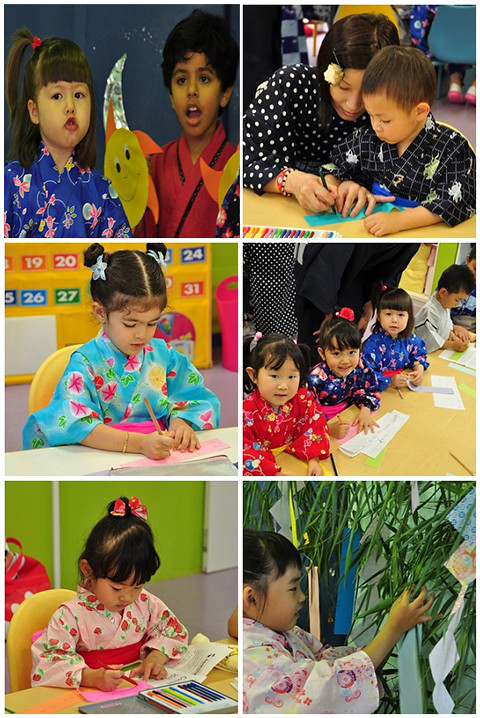
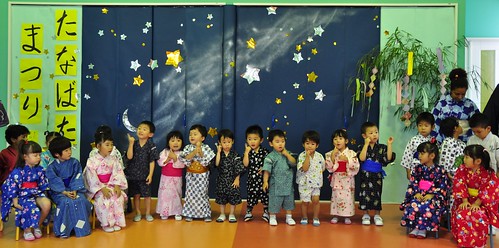
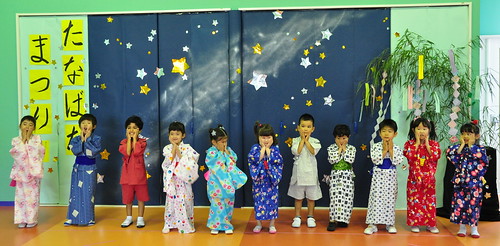
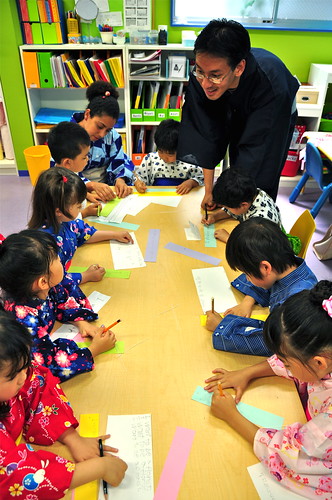 When Orihime and Hikoboshi met, they fell in love at first sight and spent all of their time together. They spent so much time together in fact, that they totally neglected their respective duties and as a result the cows became sick and the gods’ clothes became old and worn out.
When Orihime and Hikoboshi met, they fell in love at first sight and spent all of their time together. They spent so much time together in fact, that they totally neglected their respective duties and as a result the cows became sick and the gods’ clothes became old and worn out.